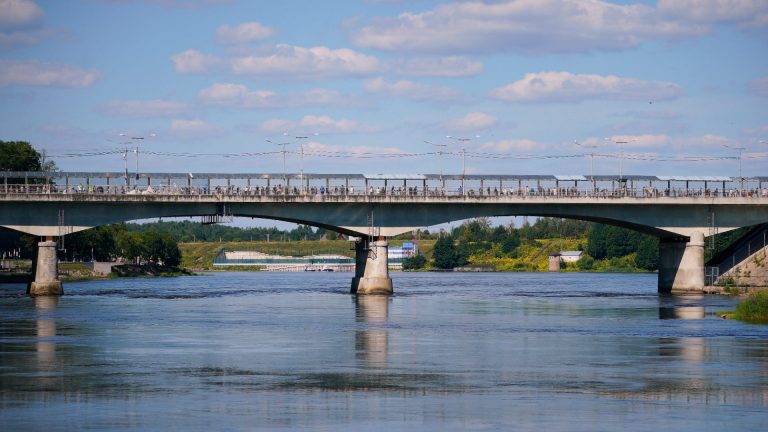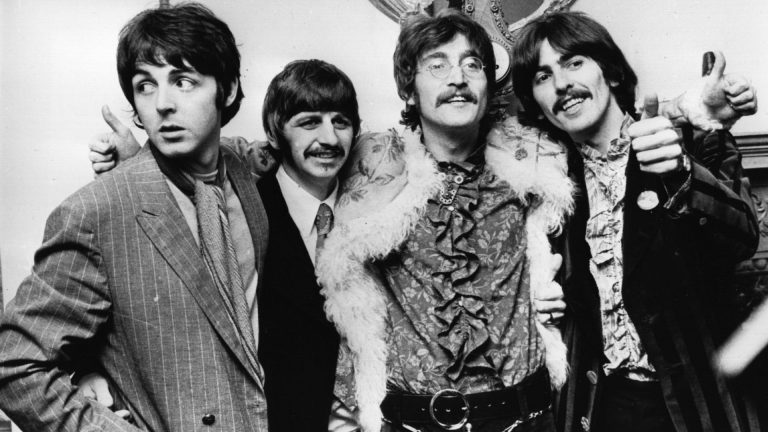Watching Adolescence took me back to my senior year in high school in 1994. It was the year Eddie, my best guy friend, was murdered by a group of students from the neighbouring school, and the ramifications of his death changed everything. Adolescence brought back the shock of losing someone my age in such a brutal way and reminded me of why we are having the same conversation 30 years on.
I was 15. We landed at Philadelphia airport after a weekend away. Confusingly, my mom was at the gate to meet me and was acting weird. She gripped me strangely. Then she told me Eddie was dead.
I thought she meant an adult cousin named Eddie, but then she said: “No, no, your Eddie. Your Eddie was killed on Friday night.” But that was impossible. I had spoken to my Eddie just before I flew to Chicago. My Eddie was fine. Of course he was. Nothing could happen in my little bubble. A black eye over a girl, sure. But death? It was inconceivable.
The entire airport was lined with newspapers bearing his senior year graduation picture. Eddie’s face was plastered everywhere. It was surreal. Later, my best friends came over to my house and nothing seemed real or possible. It had happened on Friday night and my parents didn’t want me to find out while I was away, so I had been kept away from any news while everyone else had had the weekend to accept the impossible.
Eddie had been killed by a group of teenage boys with baseball bats on the steps of St Cecilia’s, our local church, where he had been an altar boy and where I often did the readings because girls weren’t permitted to handle the Eucharist. Later, horrific details of dozens of 911 calls being ignored would add to how preventable his death was. Re-enactments of those calls would be on Saturday Night Live. That is how shocking and salacious this very personal crime was.
Watching the school scenes in Adolescence, I didn’t sense the earthquake on screen that I felt when it happened to us. My tiny circle of local friends were in shock and given support by everyone at school, including other kids. Everyone was very aware of who knew Eddie – we were from the same neighbourhood but not the same school.
Our parents were all involved and devastated. Eddie was killed where they had also believed we were safe. I still remember wanting to go to school to see friends who loved him. We were excused from classes and allowed to rage or cry. Eddie’s murder was my first experience of losing someone, let alone losing someone to a violent act.
How could this happen in our neighbourhood, on the steps of our church? We were as close as you can get to the suburbs, and while there was some occasional fighting over turf, this kind of stuff happens on TV or in gangs, not on our baseball fields where we would hide kegs and make out with boys. We were invincible – until we were not.
This was a time before school shootings and active shooter drills. Eddie’s murder tilted our world on its axis and made national news because he was a good (read white and middle-class) kid killed by other good kids in one of the more affluent and safe Philadelphia neighbourhoods.
What if one of the people who killed him had recognised Eddie – would that have made them stop? The young men who killed Eddie had gone to my brother’s high school. The school’s crest was on the Daily News with the headline “Murder High”. Learning that boys my brother’s age, with whom he had played football, could physically be capable of taking another kid’s life did not compute. It still doesn’t.
It was the moment that fractured my adolescence. I would no longer imagine my father walking me down the aisle of St Cecilia’s for my wedding. It would forever be where Eddie was killed, not where I spent hundreds of Sundays. I would never seek solace in religion again.
I still know Eddie’s phone number all these decades later, and while watching Adolescence I couldn’t stop replaying stupid moments with him when we were both trying to figure out who we would become. I still get choked up watching 13 Going On 30, as in my version he would have been the male lead opposite me.
The trial and aftermath of his murder were layered across my life. The sentencing was in my university newspaper; my mom called my first roommates in Manhattan to warn that an episode of the in-depth TV news show Nightline was all about Eddie’s case. The maelstrom of emotion all came back to me while watching Adolescence, and the moment when we see the grainy video footage of a girl being killed by a boy.
Why haven’t we made life better for boys yet? Why haven’t we built up boys’ self-esteem so they don’t hate themselves, girls and the world? Boys deserve better from us than leaving them to the teachings of people like Andrew Tate.
I wish I knew what my life would have been like if it hadn’t been irrevocably changed by young male violence when I was 15. I wish I knew what adult Eddie was like. I wish I was telling Eddie’s kids about him scaling the trellis on my porch to get into my house when I was locked out and then bragging he had been in my bedroom. I wish I had the option for Eddie to have faded into my childhood memories like all of the other boys I kissed as a teenager.
Would I have been as compelled to become an anti-violence campaigner if I hadn’t lost Eddie as a child? Would I have had my own kids? Violence breaks all of us in untold ways, and Adolescence lets us witness grief and accountability from a perspective that we have not seen on screen before.
We owe it to boys to create an alternative route and oust the anger, rage, loneliness and confusion that is being exploited by the manosphere – to demonstrate a different definition of masculinity. To celebrate an adolescence that values and protects those boys, and builds their identity so they become empathetic, secure men, who value themselves and their contributions to society.
We need men who like themselves. Men who like women. Men who talk. Men who love. Men who parent. Men who don’t rape. Men who don’t injure others. Men who don’t need to demonstrate dominance. Men who don’t kill a 15-year-old on the steps of a church for no reason. Men who are happy. Men who are kind.
That’s my utopia. Humans who like themselves and can spend their lives in safety.
Jamie Klingler is co-founder of Reclaim These Streets










